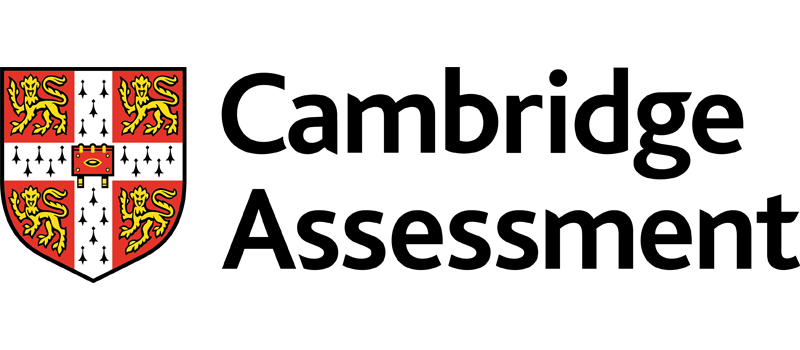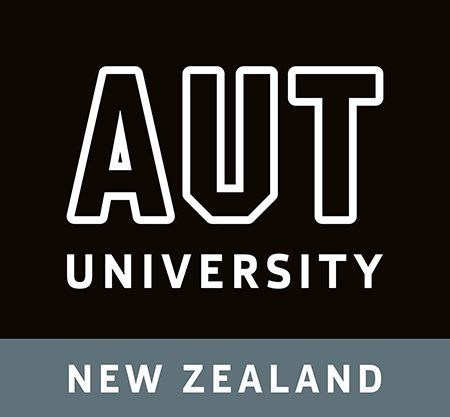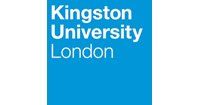
The Future of Education and Learning Outlines
Course ID: 2511240101405ESH
Course Dates : 24/11/25 Course Duration : 5 Studying Day/s Course Location: London, UK
Language: Bilingual
Course Category: Professional and CPD Training Programs
Course Subcategories: Operations and Process Excellence
Course Information
Introduction
The landscape of education is undergoing a profound transformation, driven by technological advancements, shifting societal needs, and evolving pedagogical theories. As industries embrace digital tools and learners demand personalized experiences, the traditional models of teaching and learning are being reimagined. This course delves into these transformative shifts, equipping participants with the knowledge and skills to navigate the future of education effectively. For professionals tasked with fostering learning environments—whether in schools, corporate training programs, or community initiatives—this course offers an indispensable opportunity to stay ahead of the curve.
One of the most pressing challenges in modern education is bridging the gap between theory and practice. Many educators and trainers struggle to integrate emerging technologies like artificial intelligence, virtual reality, and adaptive learning systems into their workflows. Furthermore, there is a growing recognition that one-size-fits-all approaches no longer suffice in diverse and globalized contexts. By addressing these gaps, this course empowers participants to design innovative learning strategies that cater to individual needs while aligning with organizational goals. Drawing on frameworks such as Bloom’s Taxonomy and Siemens’ Connectivism, the course ensures a robust theoretical foundation.
The benefits of mastering this content extend beyond individual growth; they ripple through organizations and communities. Professionals who understand the future of education can drive innovation, enhance learner engagement, and improve outcomes. For instance, a multinational corporation that implemented gamified learning modules reported a 40% increase in employee retention rates. Similarly, a school district adopting AI-driven analytics saw significant improvements in student performance metrics. These examples underscore the tangible impact of forward-thinking educational practices.
This course also addresses the ethical and practical dimensions of education in the digital age. With data privacy concerns and the potential for algorithmic bias, it is crucial to approach educational technologies with both enthusiasm and caution. Participants will explore case studies, such as the controversy surrounding proctoring software during remote exams, to critically evaluate the implications of new tools. By doing so, they will learn to balance innovation with responsibility, ensuring equitable access to quality education.
Furthermore, the course emphasizes the importance of lifelong learning as a cornerstone of professional development. In an era where skills become obsolete at an unprecedented rate, fostering a culture of continuous improvement is essential. Participants will examine how organizations like Google and IBM have successfully integrated micro-credentialing and upskilling programs into their workforce strategies. Such insights provide valuable lessons for creating sustainable learning ecosystems.
Ultimately, this course is not just about understanding trends—it is about shaping them. By engaging with cutting-edge research, practical tools, and collaborative discussions, participants will emerge as thought leaders in their respective fields. Whether designing curriculum frameworks, implementing training programs, or advocating for policy changes, they will be equipped to drive meaningful progress in education and learning.
Objectives
By attending this course, participants will be able to:
Analyze current trends and disruptions in the field of education, identifying opportunities for innovation within their own contexts.
Evaluate the effectiveness of emerging technologies (e.g., AI, VR, AR) in enhancing learning outcomes and propose actionable strategies for implementation.
Design inclusive and adaptive learning environments that cater to diverse learner needs and preferences.
Implement evidence-based practices for promoting lifelong learning and professional development within organizations.
Apply ethical considerations when integrating technology into educational settings, ensuring compliance with data protection regulations.
Synthesize interdisciplinary insights from psychology, sociology, and technology to develop holistic approaches to education.
Assess the impact of policy changes and global trends on educational systems, advocating for reforms that align with future demands.
Who Should Attend?
This course is ideal for:
Educators seeking to modernize their teaching methodologies and leverage technology effectively.
Corporate trainers and HR professionals responsible for designing and delivering workplace learning programs.
Educational policymakers and administrators aiming to create forward-thinking frameworks.
Instructional designers and e-learning developers looking to incorporate innovative tools and techniques.
Consultants specializing in organizational development and change management.
These groups will find the course valuable because it bridges the gap between theory and application, providing practical solutions to real-world challenges. While prior experience in education or training is beneficial, the course is designed to accommodate beginners, intermediate learners, and advanced practitioners alike, offering differentiated pathways for skill acquisition.
Training Method
• Pre-assessment
• Live group instruction
• Use of real-world examples, case studies and exercises
• Interactive participation and discussion
• Power point presentation, LCD and flip chart
• Group activities and tests
• Each participant receives a 7” Tablet containing a copy of the presentation, slides and handouts
• Post-assessment
Program Support
This program is supported by:
* Interactive discussions
* Role-play
* Case studies and highlight the techniques available to the participants.
Daily Agenda
Daily Schedule (Monday to Friday)
- 09:00 AM – 10:30 AM Technical Session 1
- 10:30 AM – 12:00 PM Technical Session 2
- 12:00 PM – 01:00 PM Technical Session 3
- 01:00 PM – 02:00 PM Lunch Break (If Applicable)
- Participants are expected to engage in guided self-study, reading, or personal reflection on the day’s content. This contributes toward the CPD accreditation and deepens conceptual understanding.
- 02:00 PM – 04:00 PM Self-Study & Reflection
Please Note:
- All training sessions are conducted from Monday to Friday, following the standard working week observed in the United Kingdom and European Union. Saturday and Sunday are official weekends and are not counted as part of the course duration.
- Coffee and refreshments are available on a floating basis throughout the morning. Participants may help themselves at their convenience to ensure an uninterrupted learning experience Provided if applicable and subject to course delivery arrangements.
- Lunch Provided if applicable and subject to course delivery arrangements.
Course Outlines
Foundations of Modern Education
Historical evolution of education systems and key milestones.
Overview of current challenges and opportunities in the field.
Introduction to influential educational theories and frameworks.
Understanding learner diversity and its implications for instruction.
Day 2:
Technology and Innovation in Education
Role of artificial intelligence in personalized learning.
Applications of virtual and augmented reality in immersive education.
Gamification strategies to enhance learner motivation and engagement.
Ethical considerations in using educational technologies.
Day 3:
Designing Adaptive Learning Environments
Principles of universal design for learning (UDL).
Developing competency-based education models.
Tools and techniques for creating interactive content.
Best practices for blended and hybrid learning formats.
Day 4:
Lifelong Learning and Professional Development
Importance of continuous learning in dynamic industries.
Strategies for implementing micro-credentials and certifications.
Building cultures of learning within organizations.
Measuring the ROI of professional development initiatives.
Day 5:
Policy, Ethics, and Future Trends
Impact of global policies on educational standards and practices.
Addressing equity and accessibility in education.
Predicting future trends and preparing for disruptions.
Developing action plans for sustainable educational innovation.
Course Fees: £5,120.30
Vat Not Included in the price.
VAT may vary depending on the country where the course or workshop is held.
Click to pay
Date has passed please contact us Sales@e-s-hub.com



















































